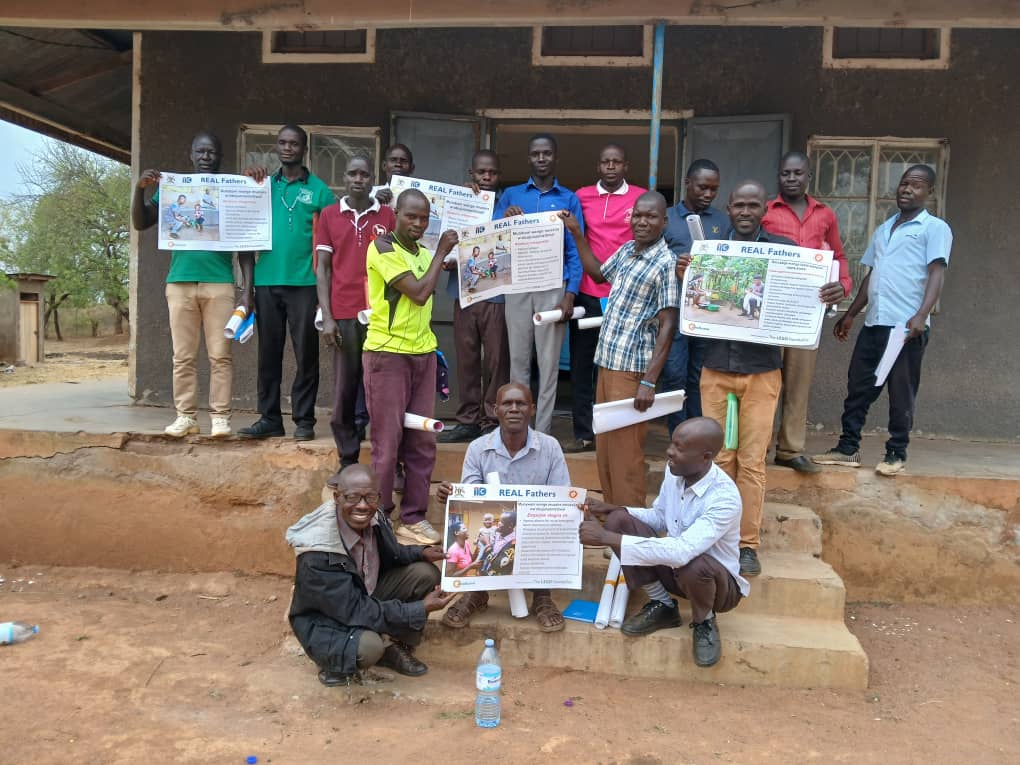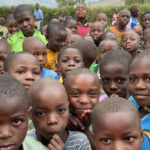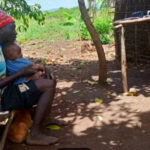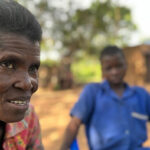In the Ugandan districts of Soroti and Hoima, long-held social norms about masculinity and fatherhood are slowly but surely beginning to shift. These communities, like many others, have traditionally upheld beliefs that define men as authority figures and enforcers, rather than caregivers and emotional partners. Such expectations have contributed to cycles of domestic violence, emotional distance in families, and unequal parenting roles that disproportionately burden women and marginalize fathers from their children’s development.
Yet on the ground, something is changing. Young men, many of them new fathers, are starting to challenge these ingrained ideas about what it means to be a man. A growing behavioral change movement is emerging, one that emphasizes empathy, partnership, and active fatherhood over dominance and detachment. The shift is driven by community conversations, mentor-led mentorship, and increasing awareness around the long-term harm of violence and neglect in the home.
In Soroti, several young men have begun to question what they once saw as normal. “I thought being feared made me a strong man,” one father admitted. “Now I realize that being present, supportive, and respectful makes me stronger. My child smiles when I come home. That’s what matters.”
Similarly, in Hoima, a change in mindset is visible in everyday life. Men are now seen carrying their children, participating in household chores, and supporting their partners emotionally. These behaviors, once ridiculed or dismissed, are gaining social approval. Some men speak openly about how they’ve left behind harmful habits like excessive drinking and aggression. “It’s not weakness to care for your family,” said one father. “It’s wisdom.”
The transformation stems from a broader push to realign community values around equality and respect. While programs like REAL Fathers have contributed by training local mentors and encouraging reflection on gender roles, the deeper change is cultural. Peer influence has played a critical role; when one man in the village chooses a different path, others begin to follow. Conversations in markets, churches, and community gatherings now include open discussions about parenting, relationships, and respect.
This social behavioral change doesn’t just benefit individual families, it affects entire communities. Children are growing up with more engaged fathers. Women report feeling safer and more supported. And perhaps most importantly, a new definition of masculinity is taking root, one that embraces love, responsibility, and peace.
In places where violence was once normalized and even expected, fathers are beginning to say, “That’s not who I want to be.” Slowly, village by village, the culture is changing. The movement may be quiet, but its impact is deep, and it’s rewriting what’s possible for the next generation of men and families in Uganda.

















Leave a Reply